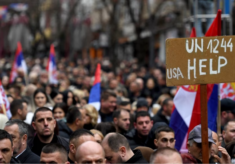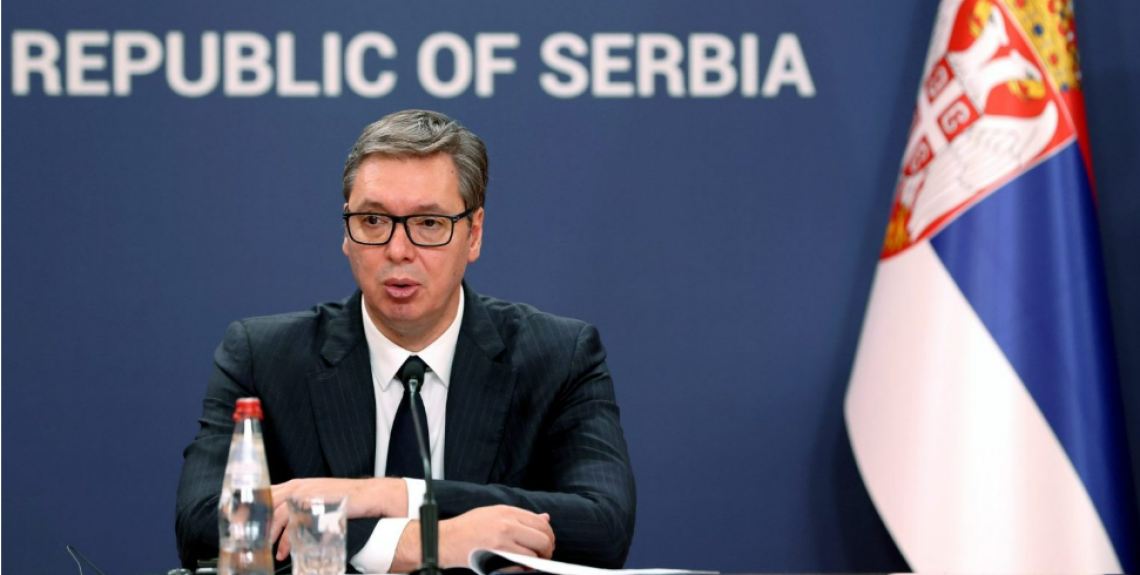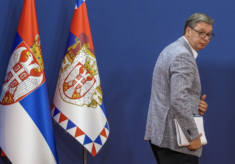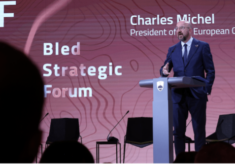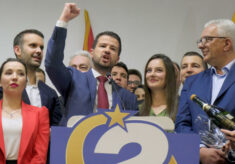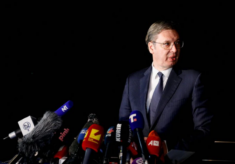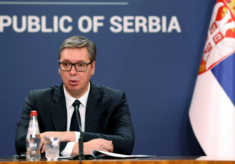The European Union, supported by the United States, is increasingly pressuring Kosovo and Serbia, in particular, to agree upon the so-called French-German plan, developed in the past months in order to normalize the relationship between Pristina and Belgrade.
Although the content of the plan is still not public and EU officials refused to confirm details about the agreement, several versions of the text have been leaked in international and regional media in the Balkans. In January, the authoritative Serbian daily Danas claimed, quoting diplomatic sources, that the plan includes ten general points. Generally speaking, the main goal of the plan seems to force Serbia and Kosovo to de facto recognize their mutual existence, without still going so far as a de jure recognition.
Nonetheless, the hypothetical agreement could be considered historic, if both Belgrade and Pristina decide to agree on mutually recognizing their “national symbols, passports, vehicle plates” (article 1) and to “exchange permanent missions” (article 8), without opening embassies in their respective capitals. The crucial point, however, is the article that provides that Serbia will give up from opposing the entry of Kosovo into all “international organisations,” implicitly stating that Pristina could try to enter the United Nations. It should not be forgotten, in any case, that the chances are high Russia might exercise a veto against Kosovo.
Even if it represents a step before the full recognition, agreeing on the plan seems particularly difficult for Serbia, which still considers Kosovo an integral part of its territory and does not recognize the independence declared by Pristina in 2008. Moreover, with the EU integration process stalled, it is not clear which advantage Serbia would have in agreeing on the plan, without envisioning concrete steps towards its full integration into the EU. Also, Kosovo might wonder if the plan remains of interest, as the position of Pristina is that any agreement should include “full mutual recognition.” Moreover, Kosovo still refuses to accept the creation of the so-called Association of Serb Municipalities, considering it anti-constitutional.
Nevertheless, Serbia is being pushed into giving a green light to the plan. In a dramatic televised speech, indeed, Serbian President Aleksandar Vucic claimed that EU and US envoys told him that the French-German plan was recently approved by all EU members, including the five member countries that currently do not recognize Kosovo, i.e., Spain, Greece, Romania, Slovakia and Cyprus.
Moreover, the Serbian President said that he was asked to accept the plan, in order to avoid serious negative consequences for Serbia, including a halt of the EU integration process for the Balkan country, the freezing and withdrawal of international investments in Serbia and other measures that could severely harm Serbia politically and economically. “Faced with sanctions and isolation, I favour compromise as much as possible,” Vucic noted, adding that nothing has been signed. A parliamentary session on Kosovo, where Vucic will address MPs, has been scheduled for the beginning of February.
In general, the chances of an agreement between Serbia and Kosovo remain slim, with a persistent risk of new tensions in the north of Kosovo and with the increasing possibility of a further alienation of the Serbian public opinion from the EU, by many in Belgrade seen as willing to impose the plan on Serbia through the menace of an ultimatum.
